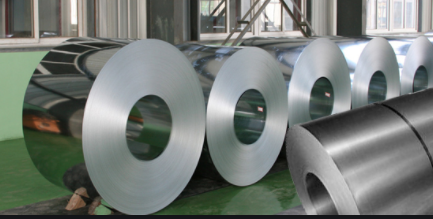The last year presented countless unanticipated challenges for the waste and recycling industry. But programs and operators showed resilience, and while the ripple effects of the pandemic continue as we enter 2021, there are signals the future is bright.
“Looking at waste technology for the year ahead, keep an eye on trends such as more investment, larger deployments of advanced processing systems, and new applications for artificial intelligence (AI).”
This story will outline several key trends that will be playing out in the MRF sector in 2021.
More investment dollars
The investment community is paying increasing attention to the waste management sector. There’s recognition of the opportunities presented by greater demand for recycled content in the supply chain and expected infrastructure funding from the government to aid economic recovery in the U.S., and a greater focus on climate policy.
The proliferation of technology that helps increase efficiency and productivity in recycling to improve utilization creates greater cost discipline and makes an investment that much more attractive.
A recent report from global business consultancy PwC found venture capital (VC) and corporate investment in climate-oriented technology grew at a faster rate than overall VC investment as a whole between 2013 and 2019, and investment in that realm reached a record high in 2020.
Bringing that into the recycling sector, AMP Robotics (which is run by the author of this story) announced $55 million in new funding to start 2021. That backing came from investors new to the recycling sector – companies such as XN and Valor Equity Partners interested in technology and infrastructure. They join previous investors, including Sidewalk Infrastructure Partners and Closed Loop Partners, that are more known in the material recovery industry.
It’s likely that technology leaders poised to impact waste and recycling will continue to attract the attention of nontraditional and traditional players alike.
And the investment interest isn’t limited to the VC community. Equity research firm Stifel projected continued profitability for the waste sector in 2021, giving six publicly-traded waste companies a “buy” rating. Waste and recycling is a defensive sector with stable investment appeal, especially in the face of lingering uncertainty regarding overall economic recovery.
When you aggregate the many benefits of technology in recycling, you see an industry with fundamentally better economics. What this means is we can begin – finally and truly – to look at the waste stream as a domestic source of resources and turn first to recycled materials before extracting resources from the earth.
Aligning incentives, removing barriers, and reducing costs to doing the right thing paints an exciting future for waste and recycling, and it ensures the transformation we’re collectively working toward will be lasting and sustainable.

